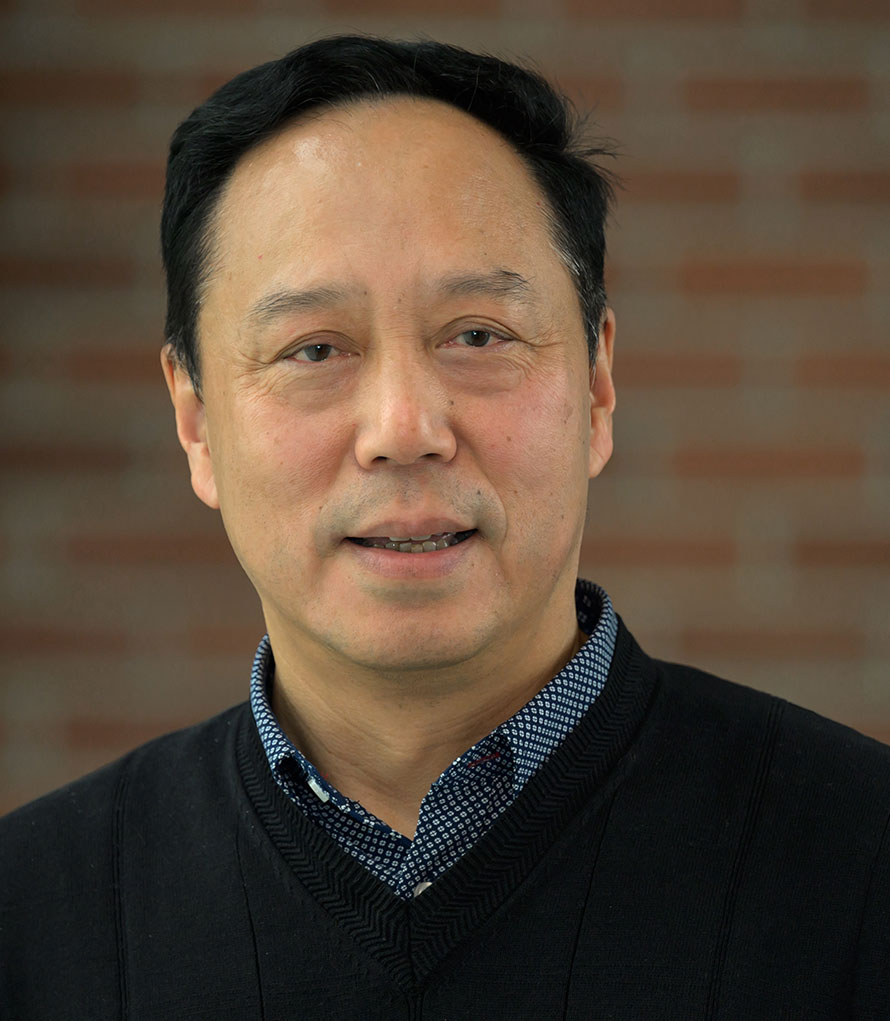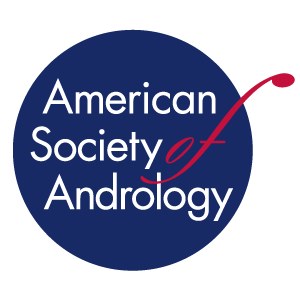Distinguished Andrologist Award
DESCRIPTION
This is the highest award of the Society, presented annually to an individual who has made an outstanding contribution to the progress of Andrology.
NOMINATIONS
The ASA Awards Committee asks for nominations each year in July. Only ASA members are allowed to nominate individuals for this award. The deadline to submit nominations to the Awards Committee is late August/early September.
2025 ASA Distinguished Andrologist Award Winner

Wei Yan, MD, PhD
The Lundquist Institute at Harbor-UCLA
Biography
Wei Yan, MD, PhD, AAAS Fellow
Dr. Wei Yan is a Principal Investigator at The Lundquist Institute at Harbor-UCLA Medical Center and a Professor of Medicine at the David Geffen School of Medicine at UCLA. He earned his M.D. from China Medical University in 1990 and his Ph.D. from the University of Turku, Finland, in 2000. After completing postdoctoral training at Baylor College of Medicine, he began his independent research career in 2004 at the University of Nevada, Reno School of Medicine, where he advanced to full professor.
Dr. Yan’s research focuses on genetic and epigenetic regulation of fertility and contributions of gametes to reproduction, embryonic development and health. He has made pioneering discoveries in reproductive biology, including identification of novel species of small RNAs, such as mitochondrial genome-encoded small RNAs (mitosRNAs), germline and embryonic endo-siRNAs and MSCI-escaping X-linked miRNAs, and characterization of their roles in fertility and epigenetic inheritance. His groundbreaking work on sperm-borne small RNAs has led to new hypotheses about their roles in transgenerational epigenetic inheritance, which he further explored through studies on the Kit paramutation model and intergenerational epigenetic reprogramming. Dr. Yan’s innovative research also led to the discovery of triptonide, a natural compound identified as a highly effective and reversible oral non-hormonal male contraceptive, which has drawn significant attention from the scientific community and the public.
Using advanced genome-editing techniques, Dr. Yan’s lab has elucidated genetic networks that regulate key events in spermatogenesis, including cytoplasmic removal, sperm connecting piece formation and global mRNA regulation. He also discovered the critical role of motile cilia in reproduction, findings that have influenced the diagnosis and treatment of male infertility. Dr. Yan is the founding director of the National Center for Male Reproductive Epigenomics, funded by NICHD, to study the molecular mechanisms of epigenetic inheritance in metabolic diseases.
Dr. Yan has published over 170 research articles in leading journals. His work has been cited over 14,300 times, with an h-index of 68 (Google Scholar, December 2024). His work has been continuously funded by NIH and other agencies, with total direct cost exceeding $19 million.
Dr. Yan has received numerous prestigious awards, including the SSR Young Investigator Award (2009), ASA Young Andrologist Award (2012), SSR Research Award (2018) and The Lundquist Institute Senior Investigator Award (2024). He is an elected Fellow of the American Association for the Advancement of Science (2017) and an SSR Distinguished Fellow (2023).
Beyond research, Dr. Yan is a committed mentor and leader, having trained over 40 postdoctoral fellows and graduate students. He served as co-Editor-in-Chief of Biology of Reproduction (2017–2021), raising its impact factor significantly, and currently serves as Senior Editor of eLife and Deputy Editor-in-Chief of Andrology. He is also a member of the ASA Board of Directors and the Executive Committee of the North American Testis Workshop, which he chaired in 2022.
Dr. Yan’s outstanding research, mentorship, and leadership have had a profound impact on reproductive biology and epigenetics, establishing him as a distinguished scientist and leader in the field.
In recognition of his scientific contributions to the advancement of knowledge in the field of Andrology, and his outstanding leadership, mentorship and services to ASA and EAA, the ASA is delighted to award its highest honor, The Distinguished Andrologist Award, to Dr. Wei Yan.
Award Recipients
- 2025 Wei Yan, MD, PhD
- 2024 Marie-Claude Hofmann, PhD
- 2023 Ewa Rajpert-De Meyts MD, PhD, DMSc
- 2022 Dr. Jacquetta Trasler, MD, PhD
- 2021 R. John Aitken, PhD
- 2020 Vassilios Papadopoulos
2019 Terry T. Turner2018 John McCarrey2017 Masaru Okabe2016 Barry T. Hinton2015 Deborah A. O’Brien2014 Gail Prins2013 Christina Wang2012 Erwin Goldberg2011 Barry Zirkin2010 Dolores Lamb2009 William Bremner
2008 Bernard Robaire2007 Eberhard Nieschlag2006 Norman Hecht2005 Mitch Eddy2004 Ronald Swerdloff2003 David M. de Kretser2002 Geoffrey Malcolm Hasting Waites2001 Frank S. French2000 Bayard T. Storey1999 Richard D. Amelar1998 Ryuzo Yanagimachi1997 Brian P. Setchell1996 J. Michael Bedford1995 Rupert P. Amann1994 Richard J. Sherins1993 Anna Steinberger
1992 C. Wayne Bardin1991 Philip Troen1990 Marie-Claire Orgebin-Crist1989 C. Alvin Paulsen1988 Yves W. Clermont1987 Emil Steinberger1986 Alfred D. Jost1985 Robert H. Foote1984 Mortimer B. Lipsett1983 Kristen B.D. Eik-Nes1982 Eugenia Rosemberg1981 Alexander Albert1980 John MacLeod1979 Thaddeus Mann1978 Robert S. Hotchkiss1977 Robert E. Mancini1976 Roy O. Greep and M.C. Chang
